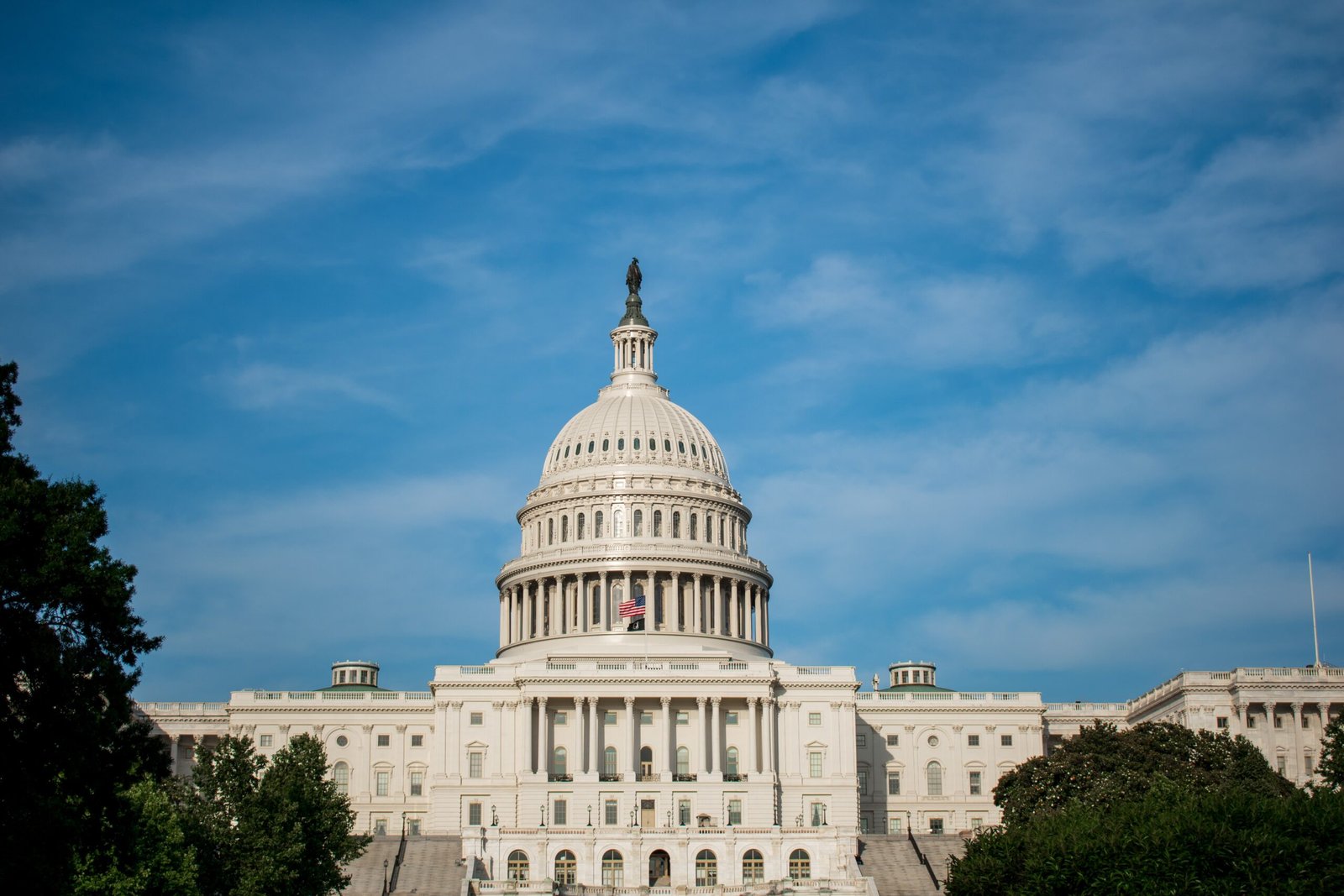Congress, the backbone of democracy, is meant to be a dynamic force that drives progress and represents the will of the people. However, in recent years, it seems like our legislative body has become stagnant, unable to move forward on important issues. One of the key factors contributing to this gridlock is the speaker dilemma.
The speaker of the House of Representatives holds a crucial role in shaping the legislative agenda and ensuring the smooth functioning of Congress. Yet, the position has become a political battleground, with partisan interests often overshadowing the needs of the nation.
The Role of the Speaker
The speaker of the House is responsible for leading the majority party, determining the legislative priorities, and presiding over debates and voting. They have the power to influence the direction of Congress and play a pivotal role in negotiating with the Senate and the executive branch.
However, the speaker’s ability to effectively carry out these responsibilities is often hindered by the partisan divisions within Congress. The speaker dilemma arises when the majority party struggles to find a candidate who can garner enough support from both sides of the aisle.
The Partisan Divide
In recent years, the partisan divide in Congress has deepened, making it increasingly difficult to find a speaker who can bridge the gap and foster bipartisan cooperation. This has resulted in a series of speakers who are beholden to the demands of their own party, rather than being able to work towards common goals.
When the speaker is beholden to their party, they are less likely to reach across the aisle and find common ground with the opposition. This leads to a lack of compromise and an inability to pass meaningful legislation.
Breaking the Cycle
So, how do we break the cycle and get Congress moving again? One potential solution is to prioritize finding a speaker who is willing to put the needs of the nation above partisan interests. This requires a shift in mindset and a commitment to compromise.
Additionally, implementing reforms that promote transparency and accountability within Congress can help mitigate the speaker dilemma. By reducing the influence of special interest groups and increasing the transparency of campaign financing, we can create an environment where elected officials are more accountable to the people they represent.
The Importance of Public Pressure
Lastly, public pressure plays a vital role in getting Congress moving again. As citizens, we have the power to hold our elected officials accountable and demand action. By staying informed, engaging in respectful dialogue, and actively participating in the democratic process, we can help shape the agenda and push for meaningful change.
Conclusion
The speaker dilemma is a significant obstacle to getting Congress moving again. By prioritizing the needs of the nation over partisan interests, implementing reforms, and exerting public pressure, we can break the cycle of gridlock and ensure that Congress fulfills its role as the voice of the people.
